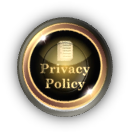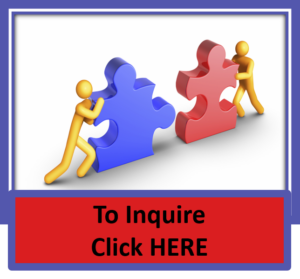I limited social media exposure.
I’ve uninstalled Facebook, Twitter, and Snapchat from my phone and only use Instagram which provides more than enough psychological rewiring I’d like to have in my life (if you aren’t sure what I mean by that, I recommend reading the book Hooked by Nir Eyal
I can access Facebook and Twitter on my laptop Chrome browser, but I use StayFocusd to cap myself at ten minutes a day.
However, when I do log into Facebook, I don’t see any one’s updates because I use News Feed Eradicator. So I end up spending less than two minutes there.
Why do I limit my time on social media?
How Technology is Hijacking Your Mind by Tristan Harris
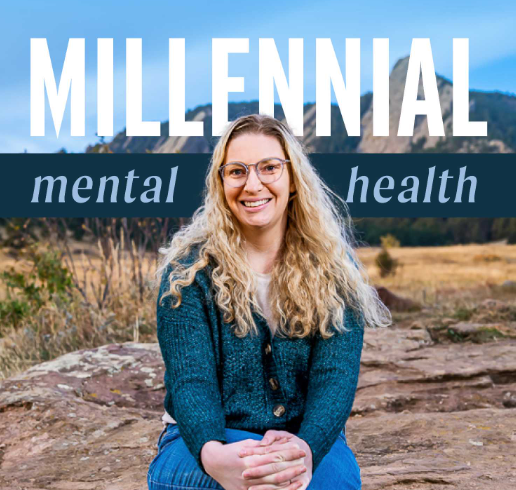
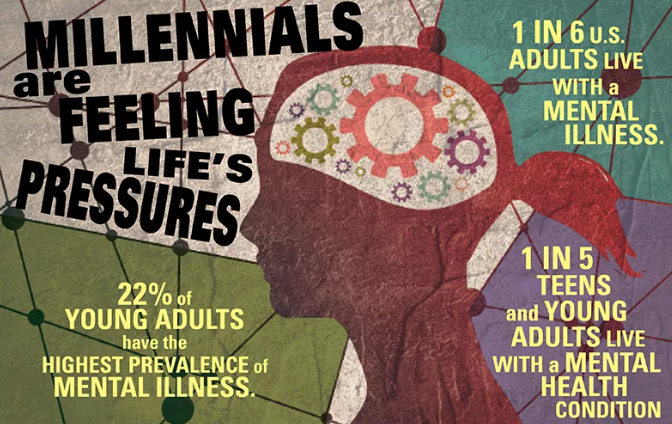
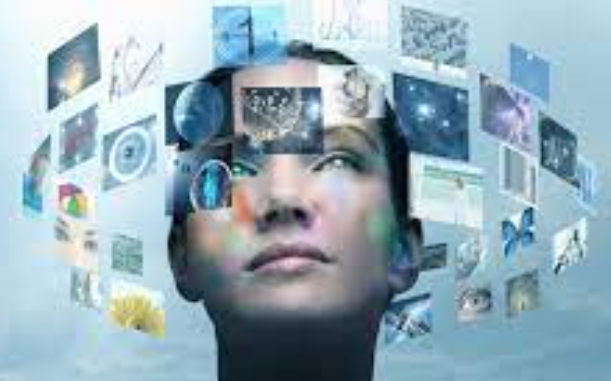
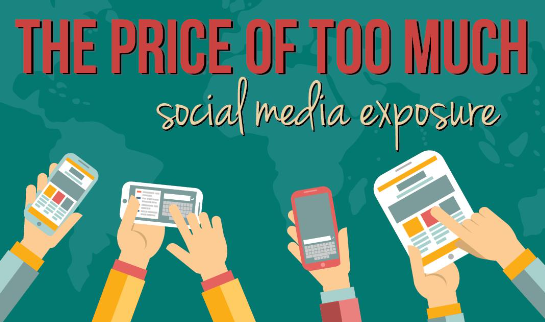
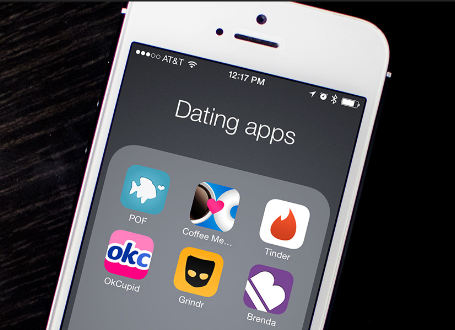 Even when I did get a match, I would dwell on crafting the perfect message and wonder if a girl would respond to me or why she never responded. Was it me? Am I not attractive? Maybe my profile isn’t good enough. Maybe I’m not good enough. From the app taking up too much time to matches causing unneeded stress, dating apps became toxic to my happiness so I removed them from my life. (I’m aware dating apps have worked for some people, including my friends, and I respect that. They just didn’t work for me).
Even when I did get a match, I would dwell on crafting the perfect message and wonder if a girl would respond to me or why she never responded. Was it me? Am I not attractive? Maybe my profile isn’t good enough. Maybe I’m not good enough. From the app taking up too much time to matches causing unneeded stress, dating apps became toxic to my happiness so I removed them from my life. (I’m aware dating apps have worked for some people, including my friends, and I respect that. They just didn’t work for me).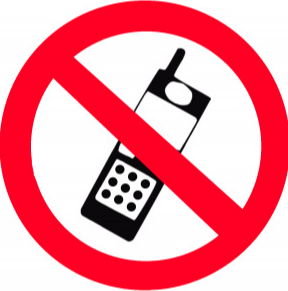 I silence my phone and put it in my pocket and out of sight before our conversation. If I forget to silence it and get a notification, I apologize and let them know if I need to respond. Once I respond, I put my phone away.
I silence my phone and put it in my pocket and out of sight before our conversation. If I forget to silence it and get a notification, I apologize and let them know if I need to respond. Once I respond, I put my phone away.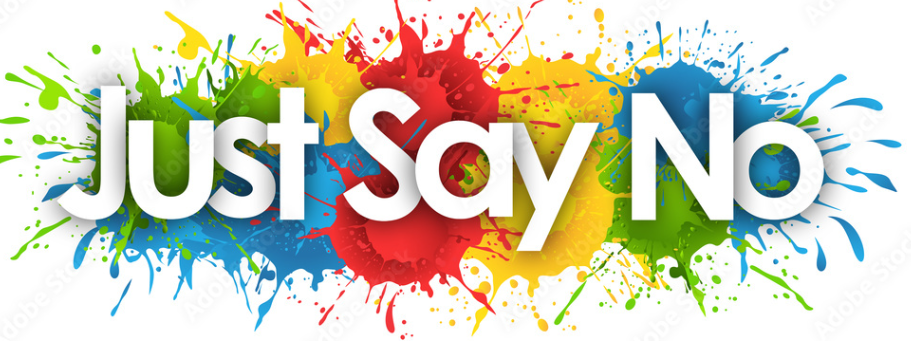
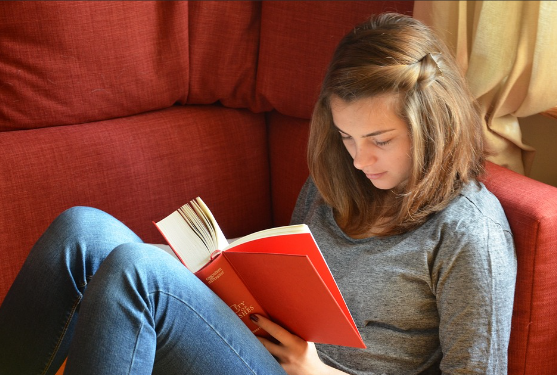
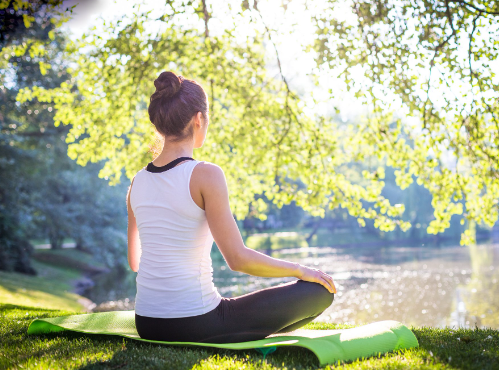 In contrast to using a meditation app in a social vacuum, it’s when the going gets tough in daily life that a meditative practice matters most.
In contrast to using a meditation app in a social vacuum, it’s when the going gets tough in daily life that a meditative practice matters most.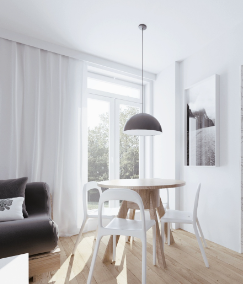



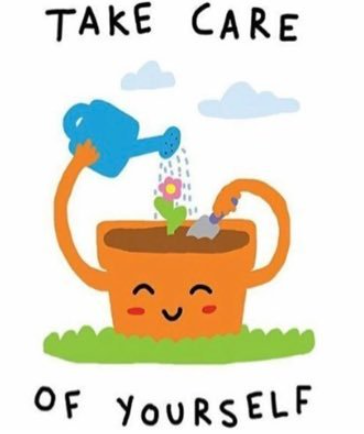
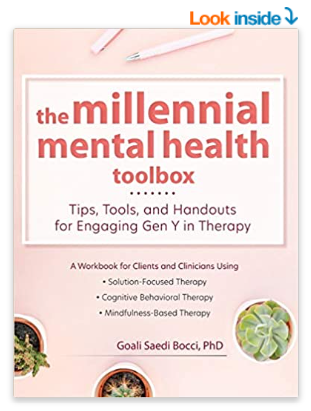
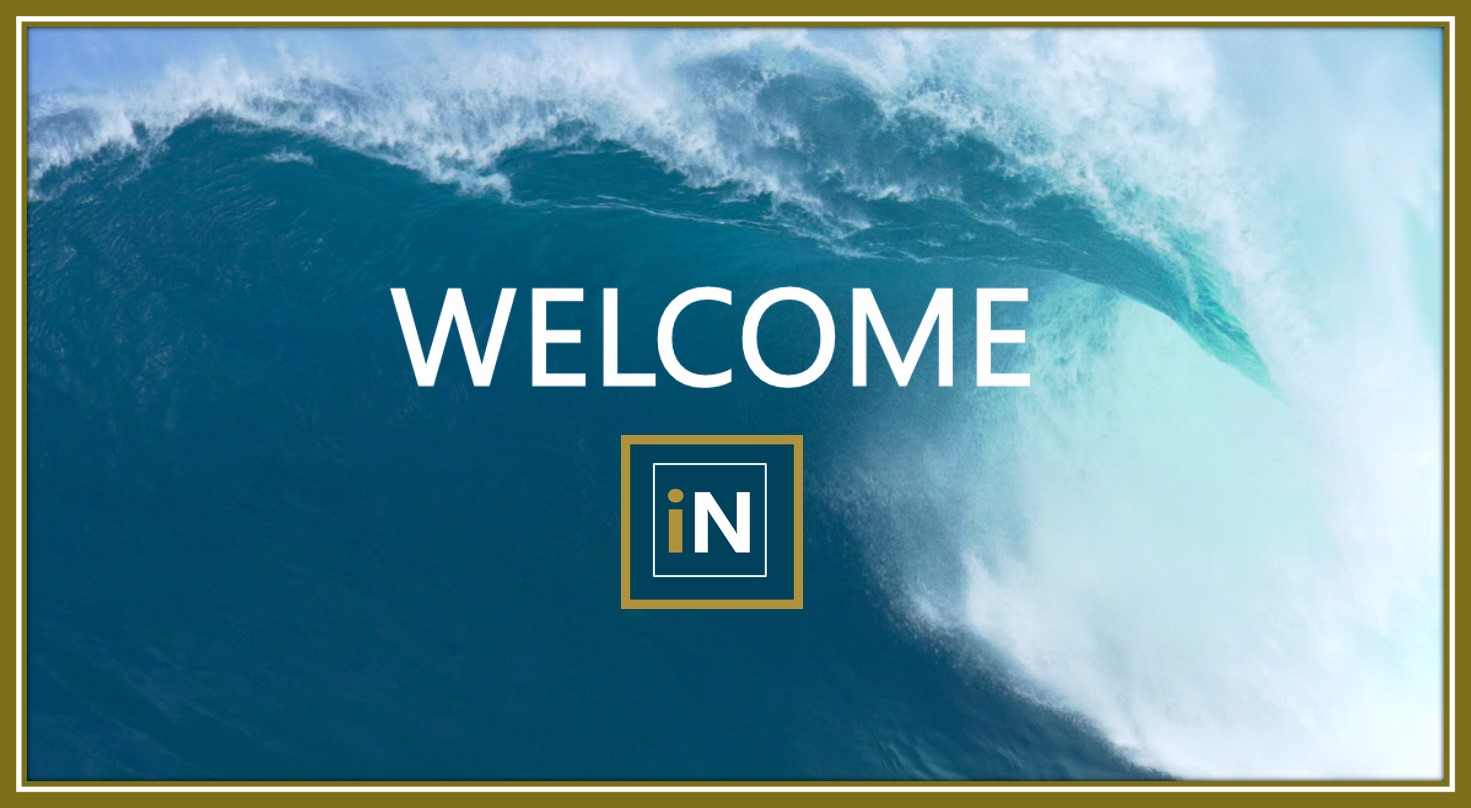
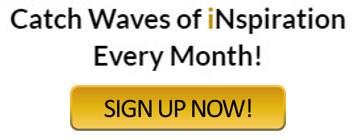 ↓
↓